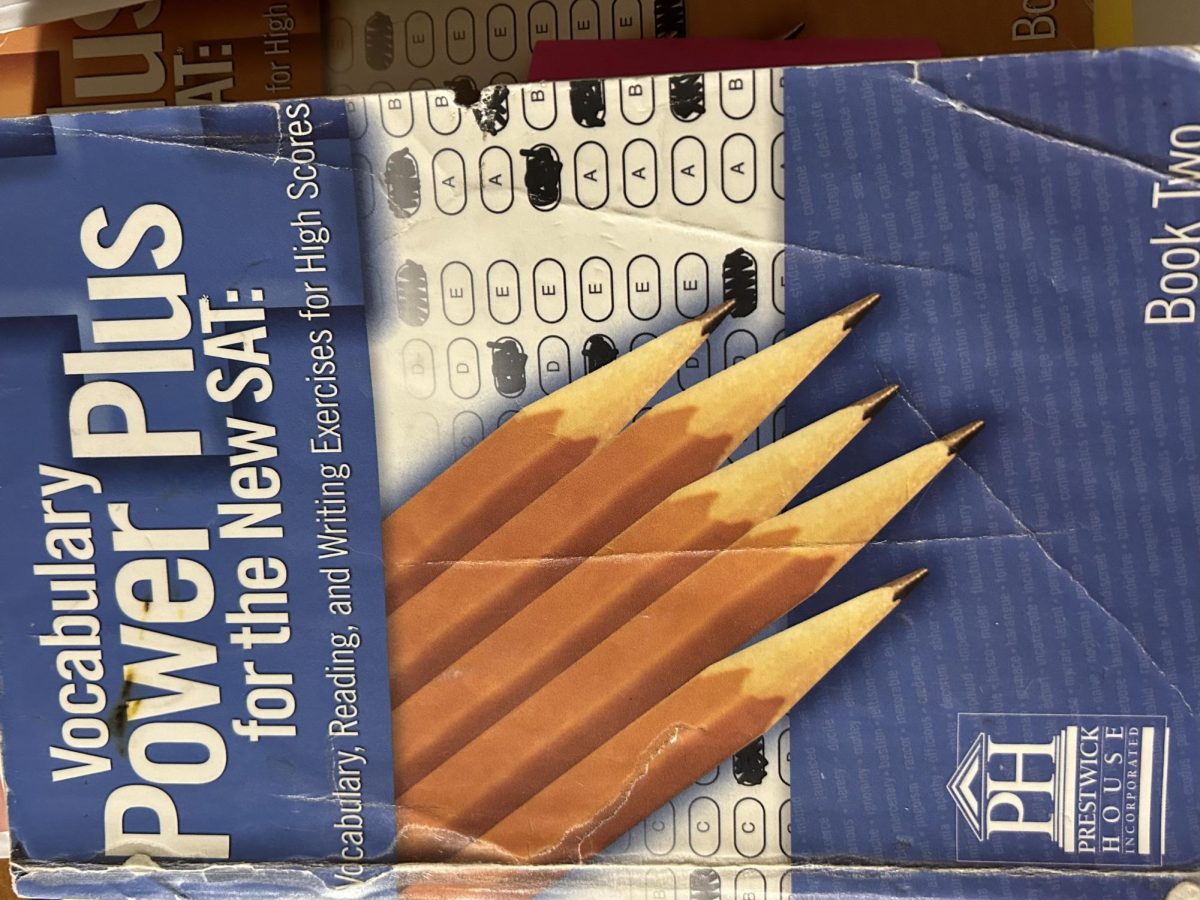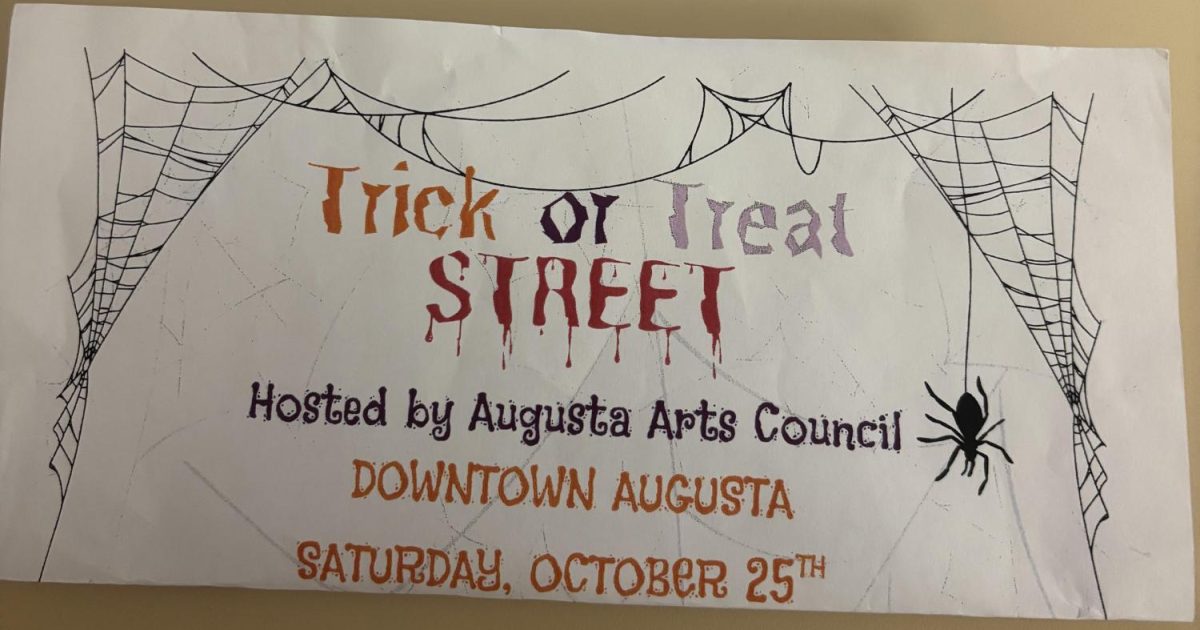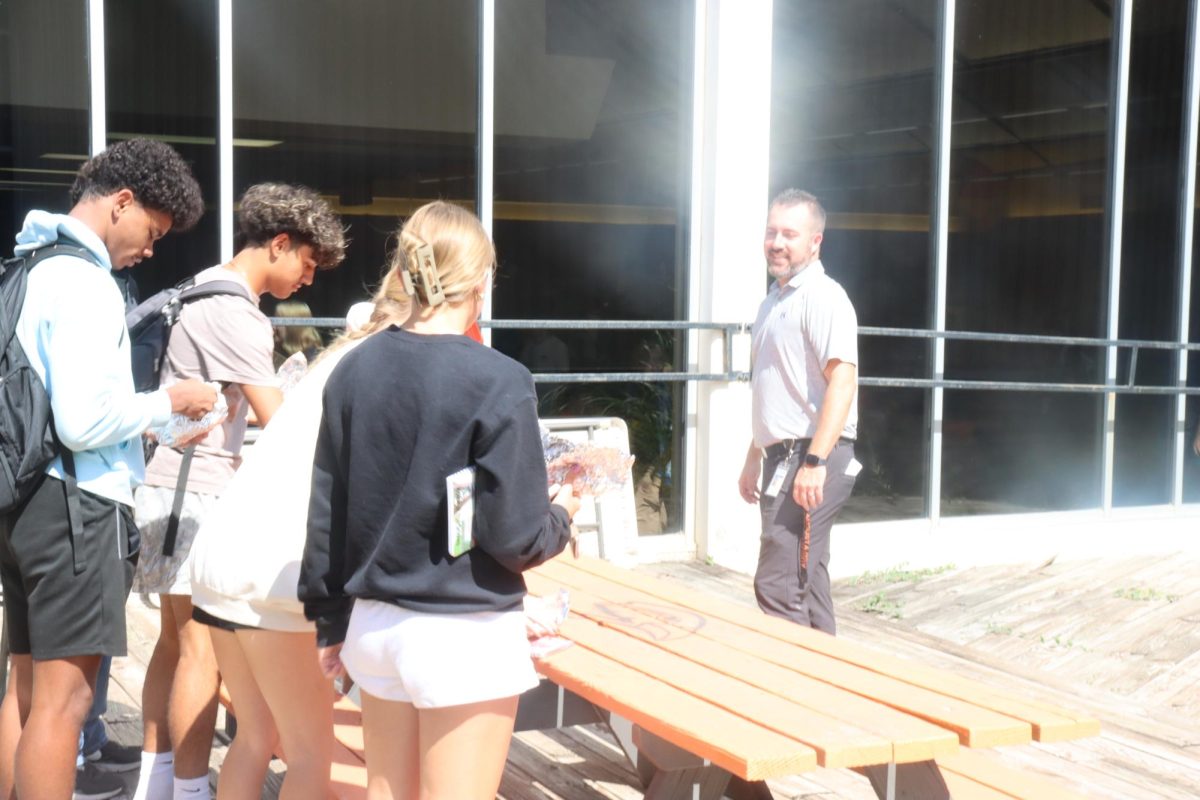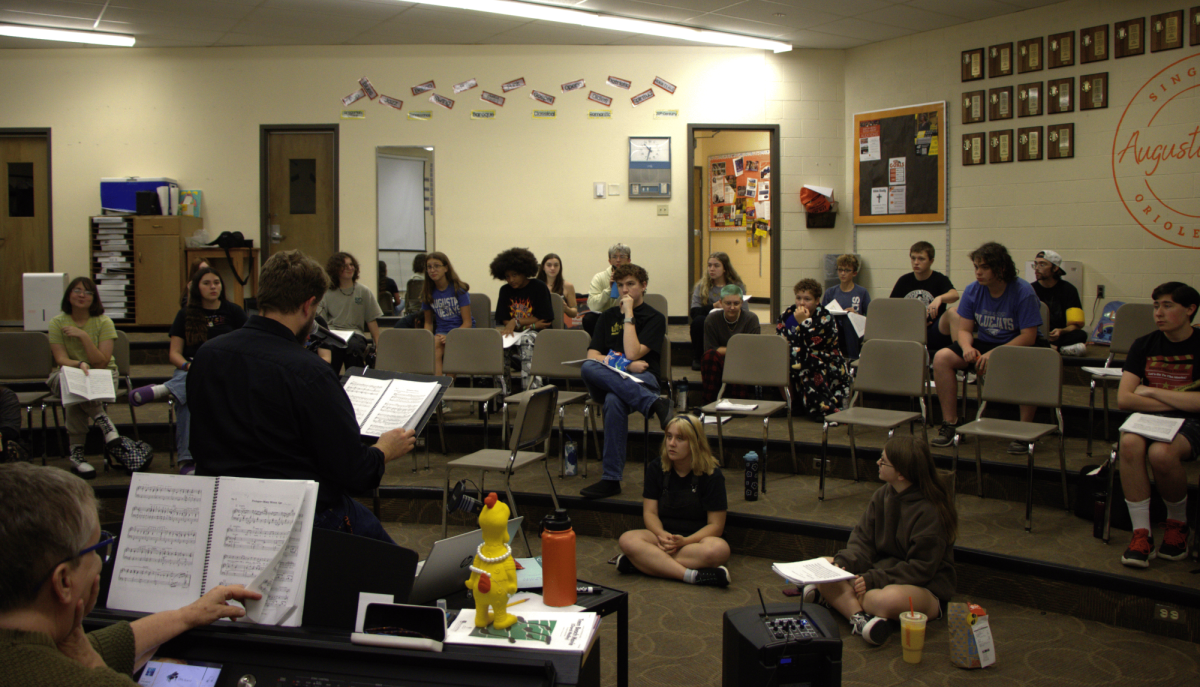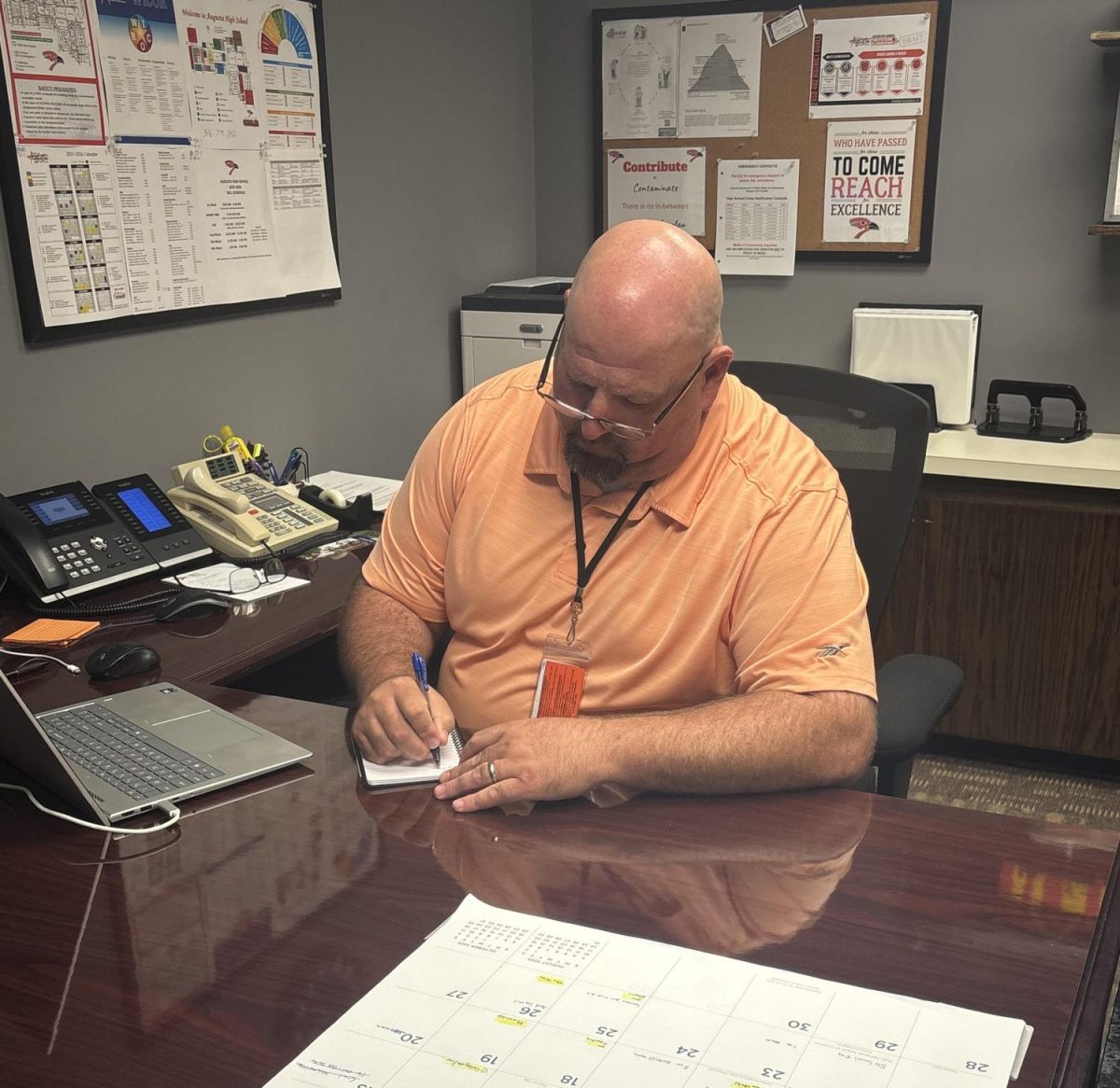From kindergarten all the way to their last year of high school, students are constantly taught new vocabulary.
Oftentimes, the vocabulary is connected to stories to help students understand the word and its context, but students may not always care or remember.
“In my opinion, vocabulary is really stupid and a waste of time,” senior Xander Vance said. “Most of the words are just foreign and really make little sense with today’s lingo.”
While vocabulary is either enjoyed or disliked in school, it is a part of every English teacher’s curriculum.
“I enjoy vocabulary and learning new words, which in turn helps me express myself in new ways,” junior Devon Stamback said. “However, I understand that most kids don’t care to use five-syllable words in their day-to-day sentences.”
If students do not care to learn vocabulary from a story, there are other ways teachers can choose their vocabulary that is more important to students. English teacher Kristiana Smeltzer prefers to teach her English 2 and honor English 3 classes words from ACT or SAT lists.
“I choose my vocabulary words off of an ACT prep list,” Smeltzer said. “Majority of my classes are going to be taking the ACT at some point, so I want them to be prepared.”
Oftentimes, vocabulary stays within the classroom in which it is taught; however, some students and teachers use the vocabulary outside of the school setting.
“I’m a person who’s honestly really annoying with my usage of the vocabulary I teach,” Smeltzer said. “I don’t always remember that not everyone uses language like this, so I have to adjust for my audience.”
Not every teacher approaches vocabulary lessons the same.
“I honestly really like how Smeltzer does her vocabulary,” Stamback said. “She uses specific prefixes, which is where my favorite vocabulary word, malapropism, came from.”



